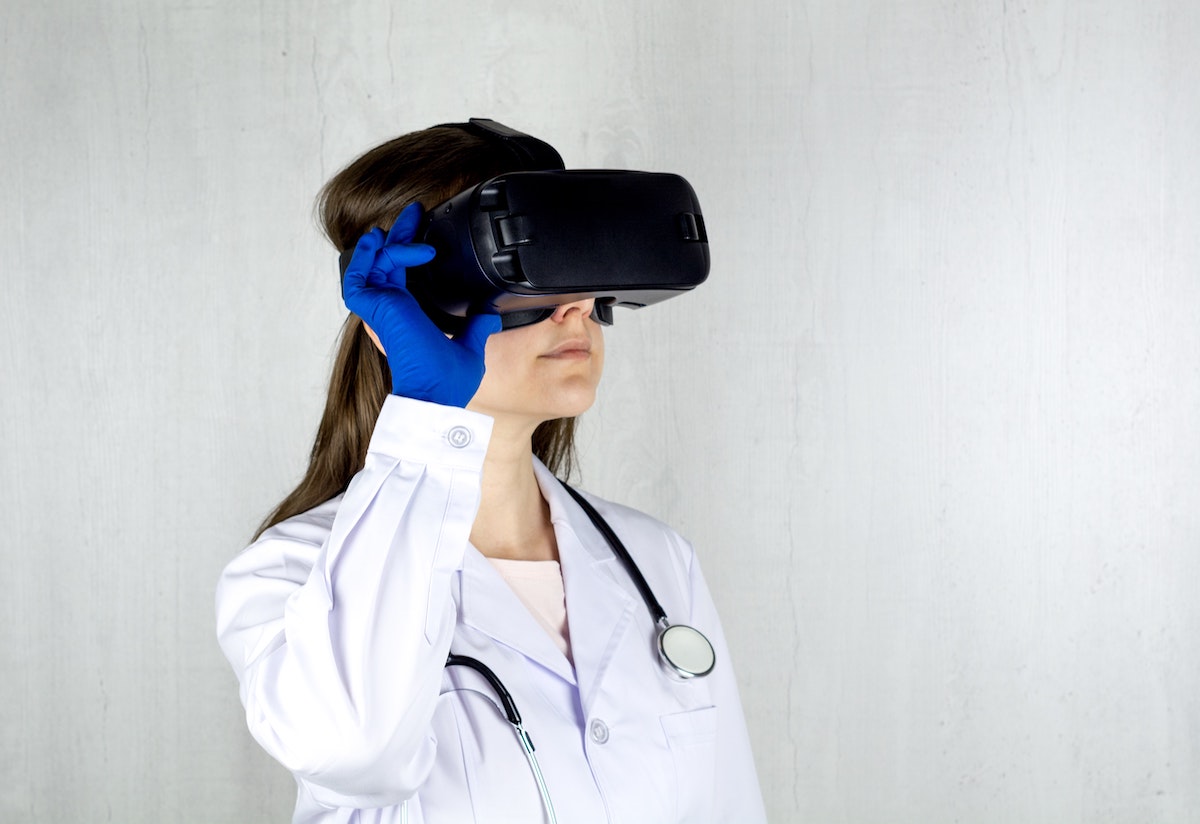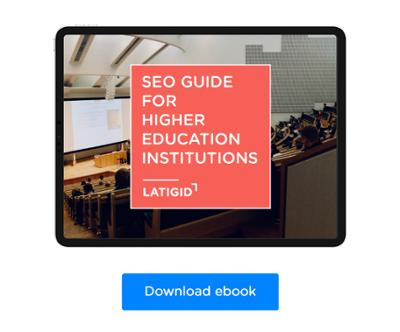
By now it is not a surprise to anyone that the Covid-19 pandemic has had a huge impact on education. Around 1.6 billion students from all around the world have been affected by disruptions in their education.
During the pandemic, virtual education has become the standard, and lecturers have tried to replicate the experience of in-person classes using tools like Zoom and Microsoft Teams, however, most professors have stated they feel they are speaking into a void.
Besides this lack of engagement with the classes, the very much-needed informal social contact with other students and people from the university disappeared from the normal university experience during this change.
The capacity to virtually engage with lecturers and students while immersed in virtual classrooms will give online schooling a whole new dimension, exceeding the usual textbooks, videos, and written case studies.
With the new virus variants, 2022 seems like it will still have a lot of virtual schooling, and some teachers are already experimenting with metaverse platforms to reproduce the former normal classroom contexts of universities.
What is the Metaverse?
Before we understand how this concept can impact the education industry, it is important to first understand what exactly is the metaverse.
The metaverse is the representation of the real world in a shared virtual space where users, represented by avatars, interact with each other. This virtual universe will be created through virtual reality (VR) and augmented reality (AR) and will combine characteristics of social media, games, and cryptocurrencies.
Although many large technology companies are already investing in this technology, the metaverse as it is idealized doesn’t exist yet, however, the main objective of this virtual universe will be to connect people from all over the world in the most common aspects of human life, from leisure, work, games, sports, education, among other daily activities.
These virtual worlds will continue to evolve and grow based on decisions made by users, just as they do in the real world. It's not like a game, there is no “end”, it's just a universe that will continue to expand as more users (and companies) join.
Related: Digital Marketing Strategy for Schools
Even though the Metaverse is still not fully developed, virtual platforms like Roblox and Fornite or work tools like Gather.town have aspects of what could become the metaverse, as they are a representation of something that connects the real and virtual worlds.
The potential for education in the Metaverse
Immersive experiences have the power to make digital interactions feel more personal. This encourages the employment of Metaverse technology like virtual and augmented reality in circumstances where engagement and involvement are required, which was lost in many cases when classes were moved online due to the pandemic.
While we are still in the very early stages of what virtual digital education of excellence would be, there are already great educational applications available and with the investment of so many big technology companies in the metaverse such as Microsoft and Meta (former Facebook), it's likely we will achieve greater digital educational platforms sooner than we were expecting.
When the pandemic hit, globally over 1.6 billion students transitioned into online education, and although there are downsides to eLearning, which are often aggravated by inequalities regarding access to technology, this research by the World Economic Forum found that online learning was at/or near the level of effectiveness of in-person teaching and that online learning has been proved to increase retention of information, and take less time, meaning the changes Covid-19 have caused might be here to stay.
With the addition of one of the biggest “tools” of the metaverse – the VR – to online education, it can even improve to a greater extent.
According to a PwC study using VR, they concluded that:
- Employees in VR courses can be trained up to four times faster;
- VR learners are 275% more confident in applying what they’re taught;
- Employees are 3.75x more emotionally connected to VR content;
- VR learners are 4x more focused than their e-learning peers.
Overall, the results of using VR for training were great as they had a 40% improvement over in-person learning and a 35% improvement over online learning.
The experiences using VR and AR are known to be very engaging, and using them in a place that has been lacking engagement and efficacy since the pandemic started could be the start of an industry shift that truly has been needed.
The particularly interactive way of teaching through the metaverse could reach students in a more meaningful way. By connecting students and teachers from all over the world and encouraging them to interact and share experiences the learning experience would be more impactful and dynamic.
New ways of monetizing Higher Education
The metaverse opens new doors to change how institutional education is monetized. Before the pandemic, classes used to be delivered in real life and in real-time, by a professor to a specific limited group of students. The growth of platforms like Microsoft Teams and Zoom has changed this.
With these online platforms, lecturers can now teach both in real life to a live audience of students while teaching at the same time through Zoom to an online class.
Now educational institutions have the power to increase their profits as the same class can be sold to a bigger group of students. By teaching in the metaverse, what once represented just one lecture, now can become available for students in multiple formats.
Related: SEO for Schools: Increase Your Institution's Website Traffic
By teaching in the Metaverse, universities could create (and record) lectures to be presented by a variety of animated and avatar professors worldwide and sell them over and over again.
Prospects may discover that they can have access to top-tier education in a variety of new methods. This may be as simple as purchasing a virtual seat in a virtual classroom with a particularly amusing teacher or converting a virtual workshop qualification into a printed diploma in the real world.
This however doesn’t mean the metaverse will end with the traditional brick-and-mortar forms of higher education. This simply gives the opportunity, for example, of a student from Spain to take an undergraduate degree in the United Kingdom or a student from South Africa to do his master’s in America without needing to pay for a house, food, and all the other things needed when moving to a new country. The metaverse opens doors to a fairer world of opportunities for people all over the world.
It doesn’t matter if you grew up in a third or first-world country, if you have access to good education, the chances of succeeding will be greater.
If you need help or just want to exchange impressions, you can always talk to us.




